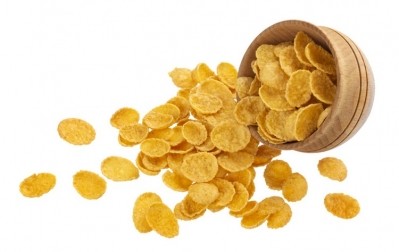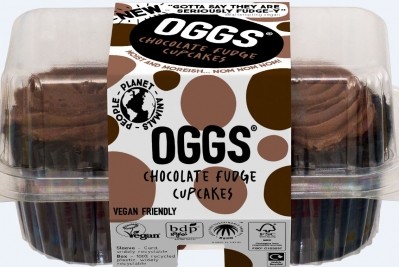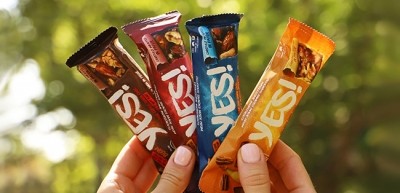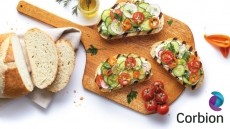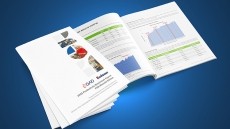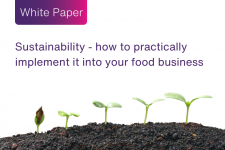Working hard to take its commitment to the next level: Update on Kellogg’s global packaging goal
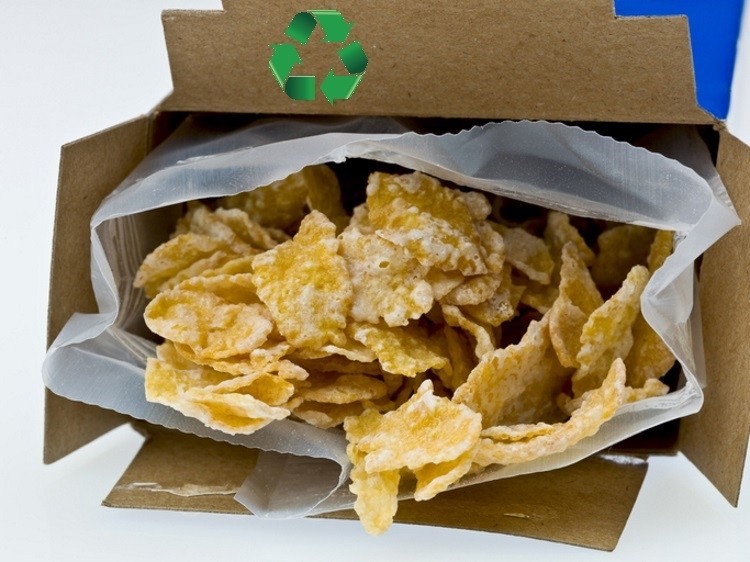
Last year, the Rice Krispies and Special K maker was one of a handful of food companies to sign the Ellen MacArthur Foundation’s (EMF) New Plastics Economy Global Commitment, aligned to its Better Days initiative, which addresses food security, climate resiliency and well-being for three billion people around the world.
According to Nigel Hughes, senior VP of Global Research & Development at Kellogg, already 32% of the plastic packaging it uses globally is recyclable, while 97% of the timber-based packaging for cereals and other boxes is derived from either recycled or certified-sustainable content.
“Around the world, our approach to reducing waste with more sustainable packaging includes three tenets: exclude certain items and materials; reduce packaging across our portfolio; and redesign our packaging to be recyclable or compostable,” said Hughes.
Exclude
In 2018, Kellogg banned plastic and single-use foam for its foodservice products served in all its plants and offices, transitioning to compostable paper packaging. Since then, in its US facilities in Illinois and Michigan alone, it has diverted more than 100,000 straws and 100,000 bottles from landfill.
The company is also discontinuing the plastic spoons sold with its Joyböl granola smoothie bowls, launched in the UK last year. Once the rollout is finalised, this means the company will have completely eliminated all plastic cutlery, straws, stirrers, polystyrene and oxo-degradable plastic from its food packaging.
Reduce
“Over the years, we’ve significantly reduced the amount of material in our cereal boxes and other packages,” said Hughes.
“We’ve reduced flap sizes, eliminated excess air and introduced other innovations to make our packaging better for the environment. “
For example, bulk shipping of granolas and cereals from its production facilities is done in reusable bins. At the final destination, the cereals are packed into pouches or bag-in-box packages.
“In Africa, India, China and Australia, we’ve significantly reduced packaging using this approach,” added Hughes.
Redesign
In Europe, Kellogg has redesigned its cereal pouches to use recycle-ready material, which will eliminate around 480 tonnes of non-recyclable packaging each year.
In the US, better-for-you brand Bear Naked recently launched store drop-off, recycle-ready packaging for its granolas and granola bites. The packaging includes a Store Drop-Off logo and website link to help consumers find a nearby recycle location.
The company has also transitioned its MorningStar Farms veggie foods to resealable bags, which, said Hughes, also eliminates freezer burn, thus reducing food waste.
Encourage
Kellogg has a fourth tenet: to forge partnerships with affiliated organisations around the world to take its commitment to the next level.
For example, it has included the Redcycle logo on all cereals sold in Australia, which directs consumers to their nearest drop-off location.
A similar effort is underway in the US, with the How2Recycle label on most of its packages.
In the UK, Pringles partnered with TerraCycle to collect and recycle cans, while in Malaysia, a local waste collector converts rejected Pringles cans into corrugated paper.
In Mexico, Kellogg is piloting a project to replace PET packaging with material that can more easily be crushed into pellets and recycled.
Kellogg India is also piloting an innovative project with Nepra Environmental Solutions to collect and dispose of multilayer plastic (MLP) waste. Nepra purchases MLP from local waste-sorting workers and turns it into fuel for cement kilns.
“More than 110 years ago, the very first box of Kellogg’s cereal was created with recycled content, so using sustainable packaging is part of our DNA,” said Hughes.
“While we don't have all the solutions, we’re hard at work researching, collaborating with partners, and piloting new approaches to keeping our foods safe and fresh while also protecting the planet.”
